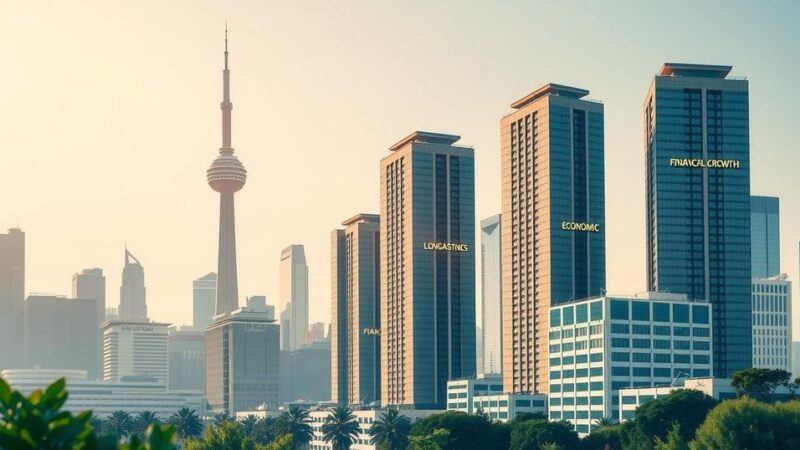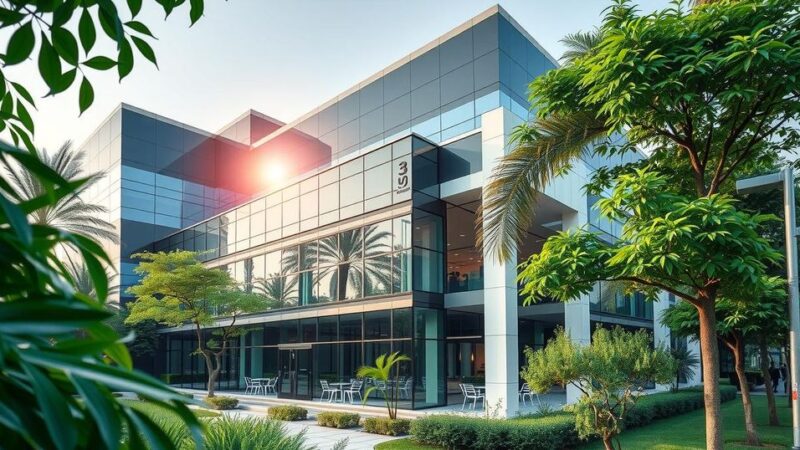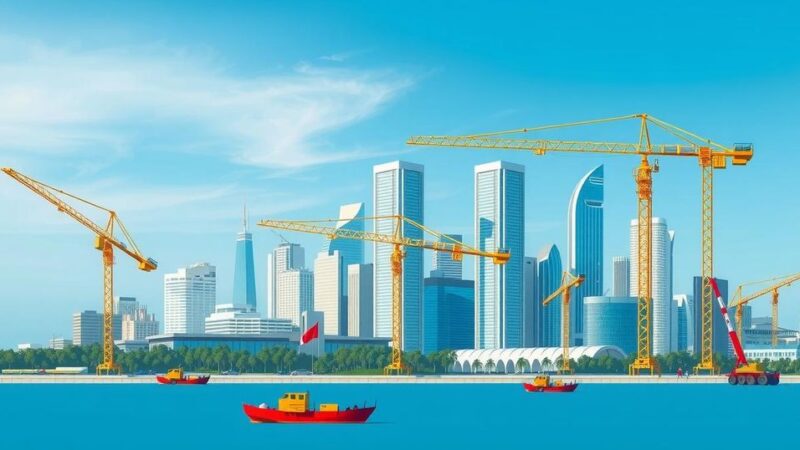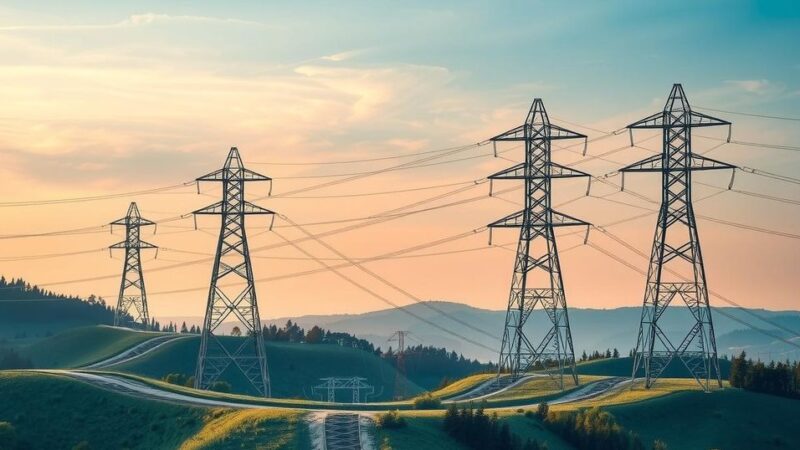Equatorial Guinea has signed a contract with Egypt for the delivery of Kader-2 armored vehicles and Kader-1 riot control vehicles. The agreement, resulting from a recent visit by Vice-President Teodoro Nguema Obiang Mangue to Egypt, also includes a training program for local police personnel by Egyptian authorities, extending to 1,200 trainees. This contract highlights Equatorial Guinea’s commitment to enhancing its national security capabilities.
Equatorial Guinea has formalized a contract for the procurement of armored vehicles from the Kader Factory for Developed Industries, part of the Egyptian state’s Arab Organization for Industrialization. The contract includes the delivery of both Kader-2 armored vehicles and Kader-1 riot control vehicles to the Ministry of National Security in Equatorial Guinea, as reported by El-Watan news on January 11.
The Kader-2 vehicles were formerly known as the El-Daraa (Shield) when first introduced in December 2024. Amr Abdel Aziz, chairperson of Kader Factory, indicated that this agreement marks a significant shift towards producing export-oriented light armored vehicles, complementing the steady output of the Fahd armored personnel carrier that has served the Egyptian Armed Forces since 1984.
This development follows a visit by Equatorial Guinea’s Vice-President, Teodoro Nguema Obiang Mangue, to Egypt in June 2024, during which he toured the Kader Factory. This visit cultivated an agreement involving the training of Equatorial Guinean police personnel by Egyptian authorities. On January 10, Egypt’s State Information Service announced an extension of this training program, aiming to equip 1,200 personnel in Malabo, the capital of Equatorial Guinea.
The recent procurement of armored vehicles by Equatorial Guinea represents a strategic move to enhance its national security capabilities. The collaboration with Egypt’s Kader Factory underscores a growing trend among countries seeking to bolster their military resources through international partnerships. The extended training program for police personnel further enhances this bilateral engagement, indicating a commitment to strengthening law enforcement in Equatorial Guinea.
The signing of the contract for armored vehicles marks a pivotal moment for Equatorial Guinea in its efforts to enhance national security. The engagement with Egypt not only facilitates the acquisition of advanced military equipment but also fosters a collaborative approach towards training and capacity building in law enforcement. As Equatorial Guinea invests in its defense, the implications of such developments are likely to resonate throughout the region.
Original Source: www.janes.com






